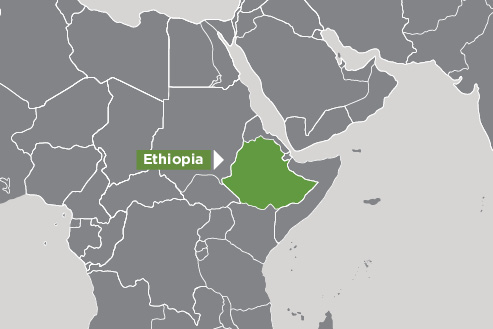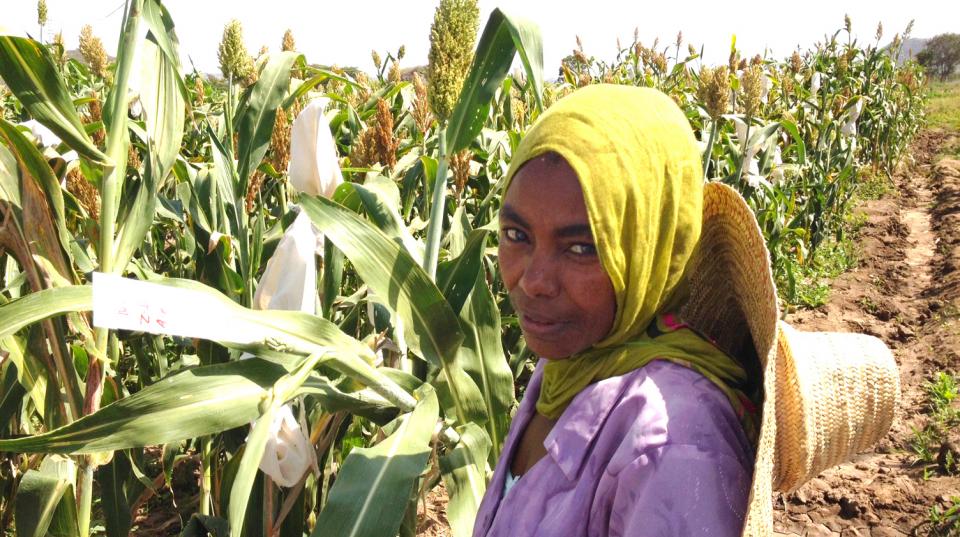Overview
This project aims to develop and deploy key technologies that reduce the risk of crop failure, increase productivity and create new economic opportunities for women-led businesses in regard to sorghum production and availability to smallholders in Ethiopia.
Sorghum production in the dry lowlands, where climate change is creating a higher frequency of drought and crop failures, exposes farmers to food shortages and loss of livestock due to a lack of feed. This makes the production risky, with a lack of economic drivers for increased production.
The key technologies to be developed and deployed in this project include drought tolerant sorghum varieties, improved management practices, value-added sorghum products, small-scale threshers, farm-scale grain storage systems and linkages with new markets.
The research will focus on facilitating promotion of these innovations, adoption behaviour and the impacts of innovation use on the economics of sorghum production.
Expected project outcomes
- Improving productivity and climate resilience of 240,000 sorghum smallholder farmers.
- Reducing post-harvest loss through farm-scale grain storage options and increased economic opportunities for women through value addition, small-scale threshers and improved storage facilities.
- Enhancing capacities of the Ethiopian and Australian research teams in screening breeding lines for root architecture and transpiration efficiency variation using phenotyping platforms and genomics, while farmers will acquire skills in developing and utilizing sorghumbased poultry feed.
- Increasing adoption of improved and drought tolerant sorghum varieties, increased use of post-harvest management technologies, and development of new value chains for sorghum.
- Improving economic well-being of disadvantaged rural Ethiopians, particularly women and children.
- Enhancing staff capacity to breed drought tolerant sorghums and use crop simulation modelling to increase plant breeding efficiency and evaluate the risk of genetic and agronomic interventions.





